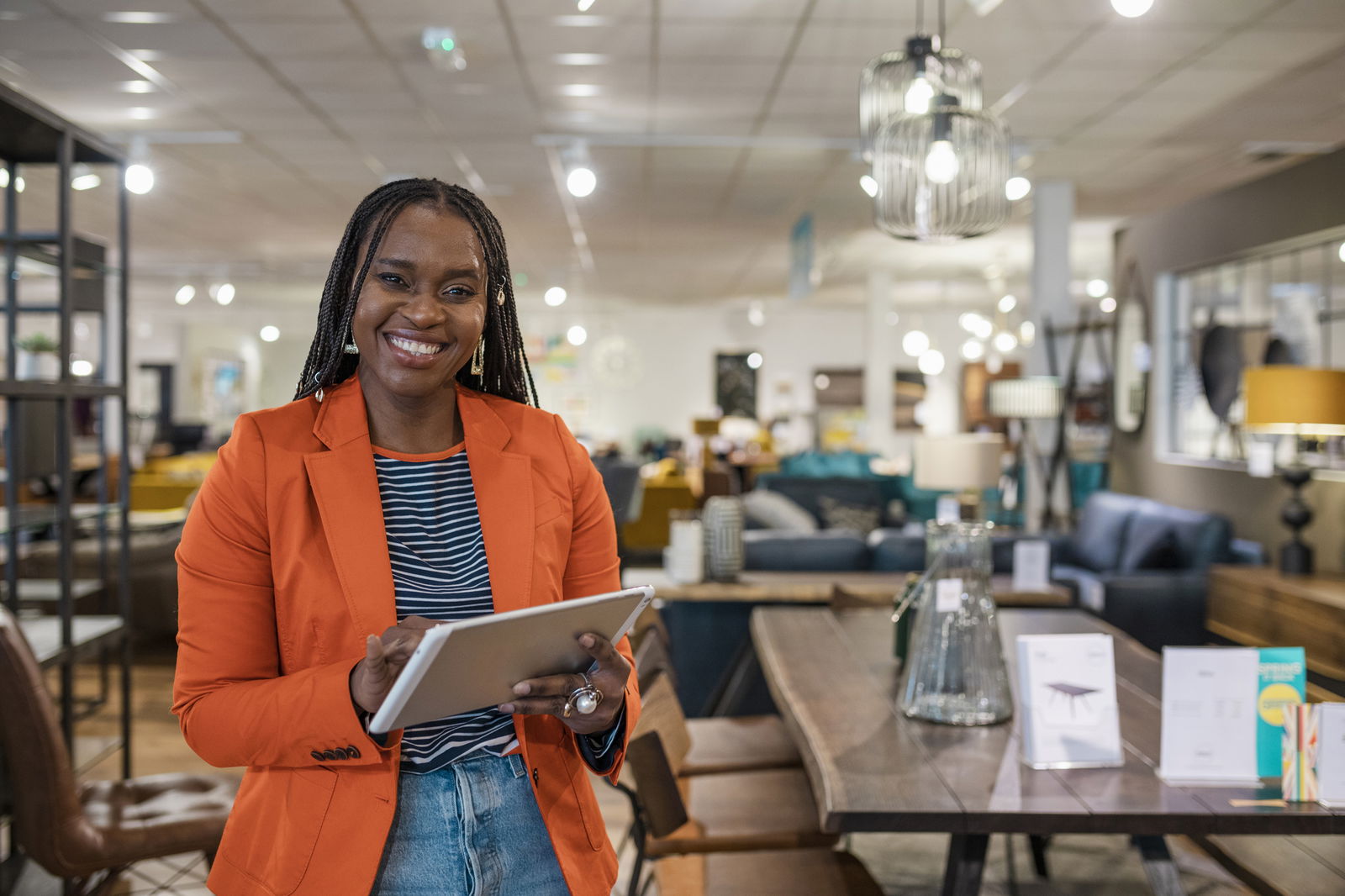To say mobile technology has evolved over the years would be a gross understatement.
The rise of tablets has contributed to the tech renaissance, and Apple’s presence in the arena can be credited to that boom. According to Lifewire, as of 2021, “Apple has sold more than 425 million iPads since the original debuted in 2010.”
iPads have maintained their grip on their popularity in part because of their simplistic ease of use. Because of that, a growing number of people have even ditched their desktops altogether in favor of a tablet.
Thanks to this special Apple Days deal, you can purchase a top-of-the-line iPad Pro for more than 50% off its original MSRP. Grab this Apple iPad Pro 9.7″ for just $279.99 before Apple Days ends on Oct. 21. It normally costs $749.
This 2016 Space Gray model is rated “B”, which means “it may have light scuffing on the bevel/case or light scratches/dents on the body.”
This tablet ships with 128GB of storage space that allows you to save apps, software, music, movies, photos and more. It’s powered by an Apple A9X, 2.1GHz processor that effortlessly handles tasks and duties. There’s also 2GB of RAM to supercharge your processing needs.
iPads excel as entertainment centers, and this offering is no different. Images and multimedia sparkle on its 9.7-inch Retina display. Those who enjoy Apple’s FaceTime feature will be impressed by 12MP iSight/5MP FaceTime HD cameras that excel in taking photos and shooting video. This unit is also fitted with two sets of speakers and dual microphones.
Apple users with iPhones and MacBooks can stay within the ecosystem thanks to dual-band 802.11a/b/g/n/ac Wi-Fi and Bluetooth 4.2.
It makes for the ideal mobile device thanks to its 10-hour battery life.
Apple Days make this high-performing iPad Pro available at a heavily discounted price. Purchase it today while it’s still available.
Prices subject to change.









